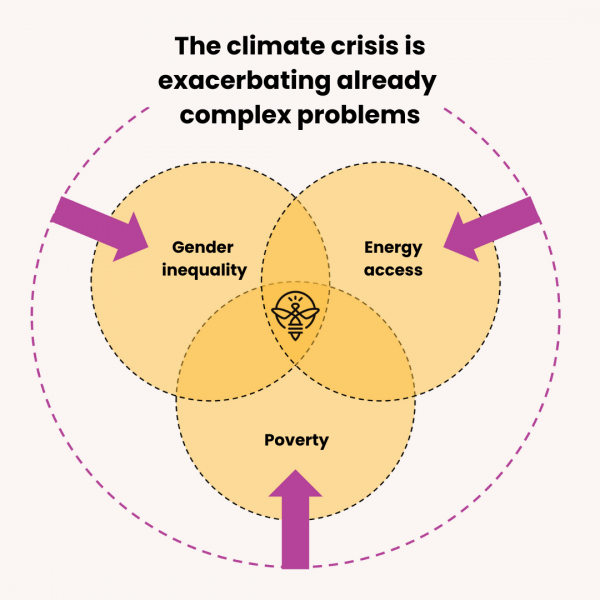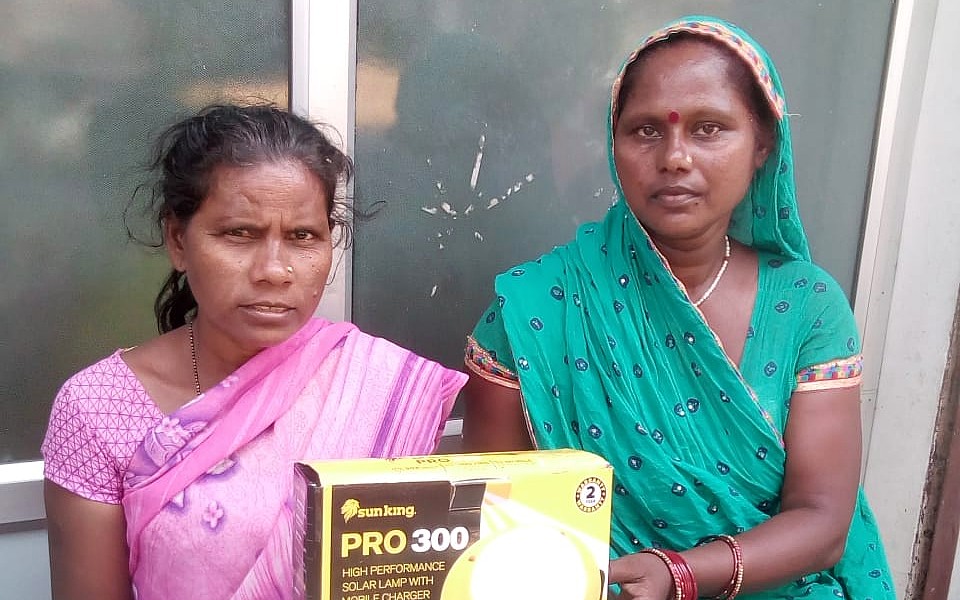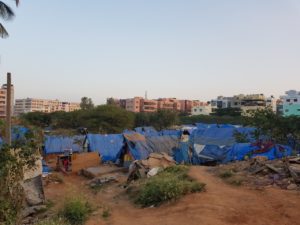Part one of a two-part series by Luke Barbagallo, Partnerships and Programs Manager
The Intergovernmental Panel on Climate Change’s October 8, 2018 report was shocking for many.
The short of it? The global community had less than 12 years to limit global temperature rise to 1.5 degrees Celsius, or face the unpredictable and increasingly extreme consequences of further rises. It was shocking for those of us already aware of the challenge and working to address climate change, it shocked those of us who accepted the science but didn’t know how desperate things were becoming, and it shocked those of us who were climate agnostic, blissfully unaware or attempting to ignore the so-called politics of the so-called debate.
What’s also shocking is that we’ve entered this decade on the back of numerous natural disasters that have killed thousands, displaced millions, and cost trillions of dollars.
The 2020s will be a Decade of Impact, but it’s in our hands as to whether that impact will be positive or negative.
We can continue to refuse straws, bring our own cups, recycle, and take other individual green actions which only have a measurable impact when done en masse. Or we can take the next step and advocate for more systemic and equitable shifts in our trade, government and business systems that centre on decarbonisation as part of a just transition, leveraging the new opportunities for employment, and addressing poverty and inequality.
In Australia, the recent and unprecedented bushfires exposed tens of thousands of people to the fragility of our comfort when lives, homes, businesses and communities are lost. It is a scary example of how the effects of climate change this decade will be ever more keenly felt by those of us who, through chance, were born in wealthy nations, and challenge our shared capacity for recovery, mitigation and resilience against future disasters.
However, in low and middle-income countries, access to energy is not guaranteed for the entire population, and the effects of climate change are already felt. In the most vulnerable populations in these nations, people experiencing extreme poverty, the effects of climate change are exacerbated.

The links between vulnerability to disasters exacerbated by climate change, rural to urban migration, poverty and societal and civil unrest is an ever-growing body of research, and a major event in the last decade that exemplifies these complex and interrelated challenges is the Syrian Civil War (learn more here and here), which many have linked, by factor removed, to an economic crisis instigated by water access and drought.
The pattern of vulnerable populations migrating to urban centres is being repeated across the world, with Africa and Asia the most rapidly urbanising continents. In India, where Pollinate Group works, 25-30 people move to a city every minute.
New arrivals in the bustling metropolises of Lagos, Kinshasha, Delhi, Bangalore, Karachi, Lahore and Dhaka seek better lives and opportunities to break the intergenerational cycle of poverty, or the disadvantaged situation, they’re trapped in.
Many build homes in informal settlements, temporary structures that average 16m2 constructed from tarpaulin, wood and tin scraps, asbestos sheeting and bamboo. The threat of eviction looms large, even if they are paying some form of rent to a landlord, as a recent case in Bangalore highlights. Dignified access to energy and sanitation is practically non-existent.
The day to day living conditions of these communities are already extremely challenging, and this is before considering the implications of higher daily temperatures, droughts, cyclones, flooding, and water and food insecurity.
Pollinate Group empowers women living in these communities to become leaders of change that distribute products that improve health, save time and save money for their fellow community members. With Pollinate Group’s support these women entrepreneurs can alleviate the symptoms of poverty, but herein lies the issue; Pollinate Group operates in the symptoms sphere, not the causation sphere.
There is absolutely zero chance that Pollinate Group can ever leave poverty behind without a concerted and collaborative global effort that address not only the symptoms, but the causes of poverty and gender, health and economic inequality. These are complex problems that already exist, and that climate change is exacerbating.

The IPCC’s report shows that we require a collective mobilisation unlike anything seen in human history to restrict global warming to 1.5 degrees by 2030. This truly is the Decade of Impact.
Will it be a decade where we allow the status quo and face climate catastrophe, watching as millions living in energy poverty in Africa and Asia’s dense cities suffer the brunt of the consequences.
Or will it be a decade where we advocate for the rapid and just decarbonisation of the global economy, to ensure the millions living in energy poverty have opportunities and a fighting chance. If this is the decade you wish to actualise, then let’s get started.
Pollinate Group is starting our Decade of Impact by:
- Upskilling ourselves to deepen our impact (major change requires major innovations, with a learning mindset and building our personal and professional resilience).
- Continuing to share our knowledge and seek knowledge—no government, organisation or individual can solve this problem alone: collaborate, collaborate, collaborate!
- Practicing a Benefit Mindset, and displaying everyday acts of leadership to influence change in our workplace and in our community. We’re acting to live in a decade where the neglected communities we serve can prosper, rather than simply survive.
If these principles resonate and you’re interested in our work, we warmly invite you to join the movement. If you want to make this a Decade of Impact, join Pollinate Group on the ground in India or Nepal and apply a human-centred design methodology to some of our most pressing challenges.
We can’t wait to hear from you: programs@pollinategroup.org

